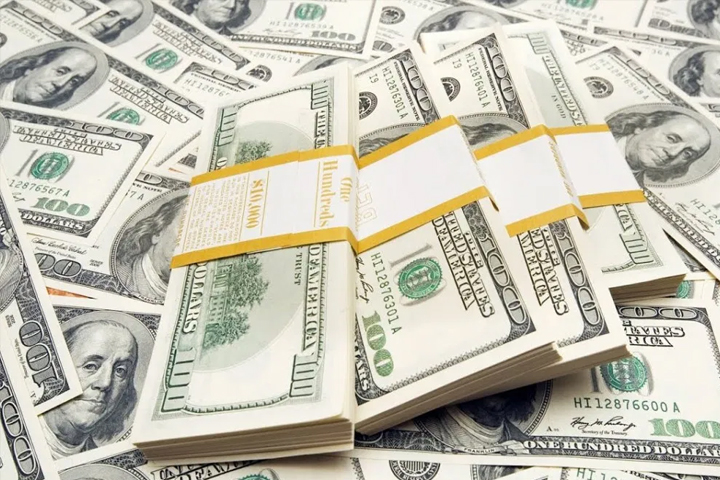
The US dollar rose on Thursday after the release of US inflation data that came in higher than expected, which led to a reduction in expectations of a rate cut by the Federal Reserve (US Central Bank) in the coming months.
The dollar rose against the Japanese
yen to reach levels of mid-1990, at 153.24, while the yen fell to its lowest
level in 34 years against the dollar on Wednesday. The Japanese authorities
have announced their intention to intervene to counter excessive currency
fluctuations.
On the other hand, inflation data in the United States indicates that the consumer price index rose by 0.4% in March, exceeding expectations of a 0.3% increase. This has reduced expectations of an interest rate cut this year.
While the dollar's rise may be increasing, gold remains resilient as a safe haven, having seen gains for eight consecutive trading sessions. It is noteworthy that gold, silver, and platinum prices are reflecting divergent movements in this context.
This rise in the dollar comes amid expectations that the US Federal Reserve will remain cautious in implementing monetary easing policies, in light of current global economic challenges.
The European Central Bank (ECB) today kept its key interest rates unchanged at 4.0%, signaling an improving outlook for inflation amid slowing economic growth.
With inflation in the eurozone
continuing to decline, the ECB sent clear signals that it may be on the verge
of cutting interest rates in the near future.
The ECB explained that if its confidence in the continued path of inflation towards its target increases, it would be appropriate to lower the current interest rate level. This comes as part of the bank's ongoing efforts to stimulate the economy and boost inflation.





